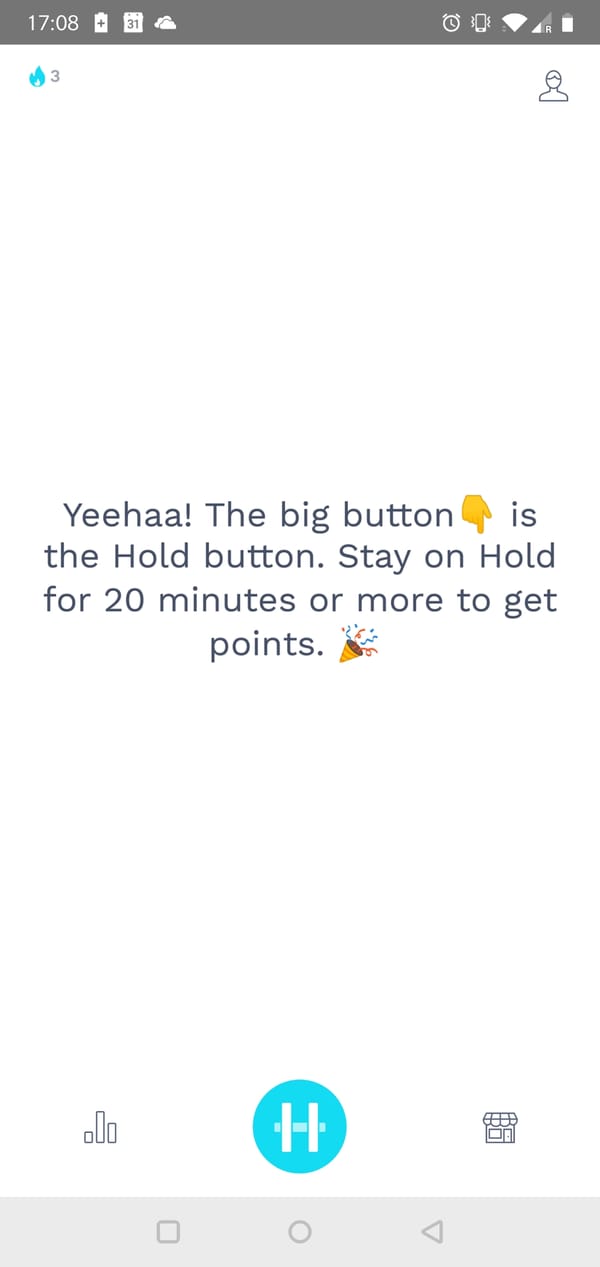A new way to say ‘Hello!’ to the World of coding
This week in the tech section, we will talk about an initiative lead by Imperial students to make code learning accessible and entertaining to students from all backgrounds.

Programming is, for those who don’t know anything about it, a mysterious and intimidating subject. However, at any point in our careers, we might be placed in a situation where some coding knowledge is needed. And not only there: it is enough to look at the media, or more specialized websites to be confronted with technical words, such as algorithms, machine learning, data science.
Whatever the reason, it is never too late to learn. And no need to undertake year-long courses that will not give a proper insight into the applications of coding. An online resource, SmartStack.me, developed by students in Imperial, is targeted at those who would like to produce their own applications but may not have the confidence to get themselves started.
SmartStack.me is a recent initiative. Launched at the beginning of this academic year, it offers free opportunities to quickly get started and learn how to code. Developed originally by 3 Medic students in fifth year after spending their intercalated Bachelor year in the department of Bioengineering, they have the personal experience of learning a completely new subject and learn to think “the engineering way”. By now, the team have expanded, and comprises students (most from Imperial) with backgrounds such as Des Eng, Geophysics and Biological Sciences. Point to note: no computing student (yet)...
The concept of the website is simple: it provides a quick guide-through the concepts of coding and initiates the user to the Google Collaboratory text editor, basically a free Jupyter Notebook (allows user to code in Python in code cells and mixes it with text cells). Google Collaboratory works like most Google products: it is available online, accessible to anyone with a valid google address and is sharable on Drive.
SmartStack.me helps those with no previous programming experience through the Google Collaboratory notebook. Engaging, it is illustrated with screenshots and very clear and concise information that anybody would wish had in labs. After the initiation to the notebook, learning takes place by straight away tackling practical applications: Data Science with Breast Cancer Data, Machine Learning with Chest X-rays, SIRA Criteria Calculator using a simple program. Key to success: “cool and trendy words”: Machine Learning, data analysis, all of that mixed with the life-changing vocabulary of medicine, provides the perfect blend to an interesting online resource.
Now, I would like to make a point. Not everyone can instantly become an expert programmer, specialist in a programming language. However, I believe it is important to make coding more accessible, to people from all ranges and sexes. Simple programs are what separates nowadays scientific research to the one of last centuries. It would be a missed opportunity to spend so much time manually analysing data when super-fast computers can help us make the task faster. So, to those feeling too intimidated by coding to start their own applications, do not let this slow you down. It is never too late to learn, develop your own applications and projects, and, eventually, change the life of many.







